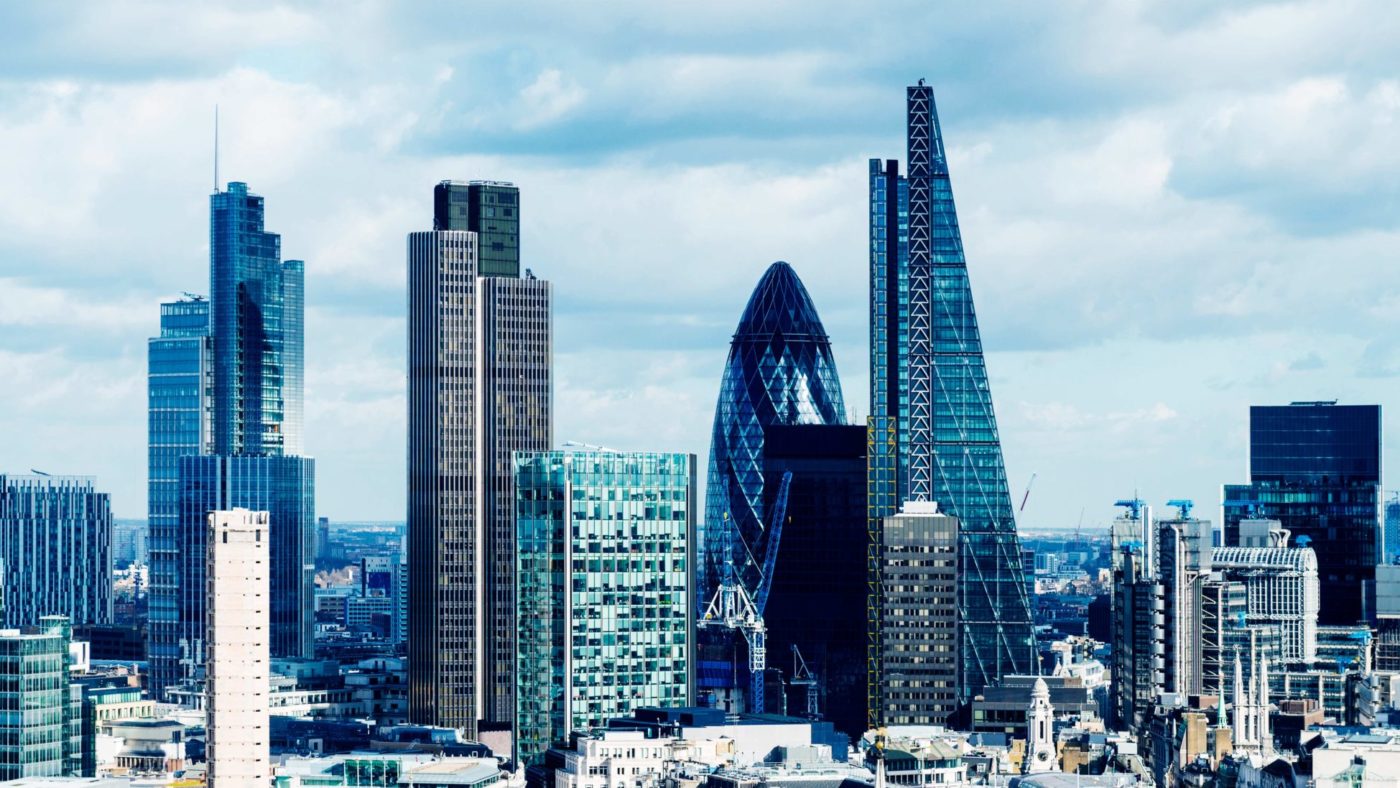As the UK faces up to the fiscal consequences of this crisis, the debate will soon turn to how we go about paying back the huge increase in borrowing we’ve seen in the last few months. You can bet your bottom dollar that calls for a hike in corporation tax will be high on the agenda.
At face value the argument is compelling: big businesses are making huge profits and some of the tech giants have even seen their profits increase during the pandemic as everyone has been stuck at home, so it’s only right that they shoulder the burden.
Yet for all its superficial appeal, trying to repair the public finances by increasing corporation tax really is the wrong way to go about things.
Much of the world might be in lockdown as a result of the coronavirus, but that hasn’t stopped economists from publishing research. Among them is an excellent paper on the impact of corporate taxes on retail prices , in which the authors analysed barcode-level product prices using linked survey and administrative data. Their research revealed that approximately 31% of corporate tax incidence falls on consumers. If that wasn’t bad enough, the researchers found that the impact is higher for products purchased by low-income households.
It’s a helpful reminder of what Milton Friedman once said about taxes – businesses don’t pay them, people do.
Those calling for corporation tax no doubt imagine that it will be the likes of Jeff Bezos and Mark Zuckeberg paying more money, but in reality it will be ordinary people, and often the least well off, who will be left footing the bill.
It’s not just higher prices for consumers, of course, but lower wages for employees whose companies have to shell out more tax. For example, a study conducted by the Adam Smith Institute analysed 45 of the most significant studies into the impact of corporation tax and found broad agreement among economists that the burden falls heavily on workers, in the form of lower wages. Another paper from researchers at the University of Oxford also concluded that a rise in corporation tax would lead to lower wages for workers.
It is not just wages which are affected by corporation tax rates; they also have an impact on employment opportunities. For example, a study looking at data between 1970 and 2010 found that increases in corporate tax rates lead to significant reductions in employment. A study examining data from 41 countries over 11 years also found that a rise in the effective average corporate tax rate significantly increases unemployment levels. The researchers point to the importance of international tax competition in affecting unemployment.
It is incredibly important that the Government implements policies which get a handle on overall public spending – especially given the splurge that coronavirus has forced on Chancellor Rishi Sunak. However, this should be done as far as possible through reforming measures, reducing unnecessary spending and pruning our excessively complicated tax code, not by hiking taxes on businesses – that will only end up hurting the consumers and workers who can least afford it.
Click here to subscribe to our daily briefing – the best pieces from CapX and across the web.
CapX depends on the generosity of its readers. If you value what we do, please consider making a donation.


